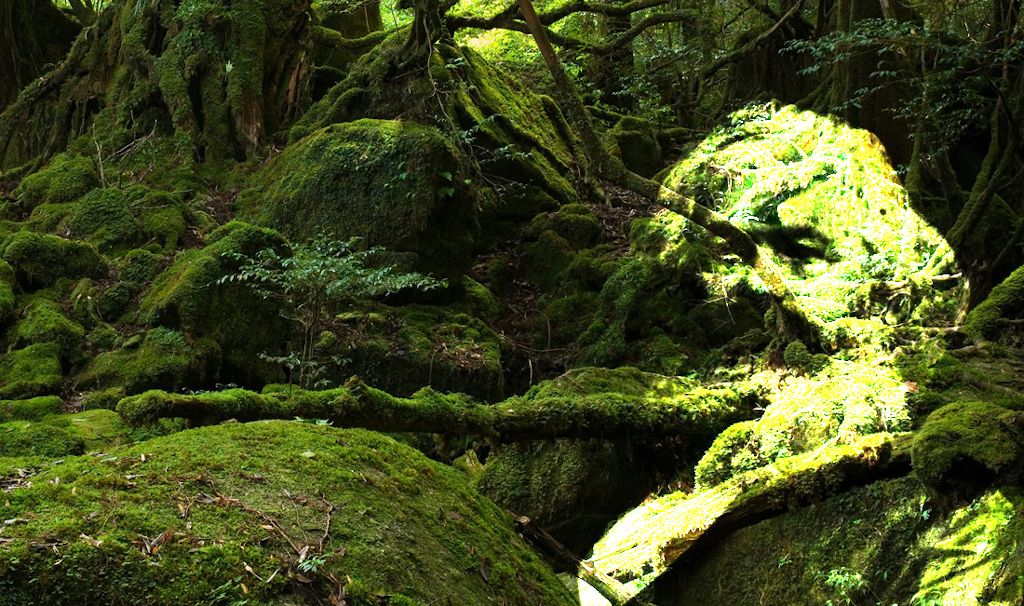Per-Åke Westerlund is a member of Rättvisepartiet Socialisterna (CWI in Sweden).
Marxism is often mistakenly accused of taking the environment for granted – in the pursuit of the economic growth needed to alleviate poverty and want. Yet nothing could be further from the truth. Drawing on the works of Marx and Engels, and the experience of the first years of the Russian revolution.
There are two common accusations against Marxism regarding the environment, from right-wingers and some green activists, as well as from part of the left. The first is that Karl Marx had an overly positive view of industrialisation and saw nature as an unlimited source to be exploited. The second is that Marxism bears the responsibility for some of the worst ecological catastrophes, in the Soviet Union. Contrary to these claims, consciousness about and struggle for the environment is nothing new for Marxists. In fact, Marx was a pioneer in analysing and criticising the destructive effect of capitalist industrialisation on nature as well as on society. Both Marx and Friedrich Engels, authors of the Communist Manifesto in 1848, closely studied and followed science in all fields. Capitalist industrial production, and the working class (the proletariat) and its labour, had only come into existence in the preceding decades, but were immediately understood by Marx as the key elements for the development of society. Stressing the importance of the working class did not mean ignoring the environment. Interestingly, Marx viewed labour as “a process in which both man and nature participate”. This is underlined in Marx’s Critique of the Gotha Programme – the programme adopted by the initial congress of the Social Democratic Party of Germany (SPD) in 1875. Marx takes up the programme’s assertion that, “labour is the source of all wealth and all culture”. “Labour is not the source of all wealth”, Marx wrote. “Nature is just as much the source of use values (and it is surely of such that material wealth consists!) as labour, which itself is only the manifestation of a force of nature, human labour power”. The wrong idea of labour as the sole source came from Ferdinand Lassalle, not from Marx. Marx warned of the effects of the disruption in the relationship between humanity and nature. Therefore, he saw the alienation of workers in capitalist production as part of the same process as humanity’s alienation from nature. In his time, this was particularly obvious in the industrialisation of agriculture. The working class was and is at the forefront of the effects of capitalism on the environment. For example, energy companies – oil, coal, nuclear power – pose a direct threat to workers in those industries as well as to people and the natural environment in whole regions or countries. Workers in those industries are often the most conscious about those dangers. The struggle to improve the working environment is an important part of environmental struggles. In addition, Marxist philosophy (dialectical materialism) offers the means to analyse and explain today’s climate crisis. Marx and Engels in the mid-19th century showed how both society and nature develop through the build-up of contradictions leading to qualitative leaps. Today, climate researchers echo this method in warning of tipping points, the moment when the environment passes irreversibly from one stage to another. Many of those blaming Marx for neglecting the environment have not studied his work, but that of his self-appointed ‘followers’ in social democracy or Stalinism. The societies they constructed, and described as socialism, completely contradicted Marx in relation to workers’ democracy, the role of the state, and also in their treatment of the environment. In contrast, Marx had predicted that “natural science… will become the basis of human science, as it has already become the basis of actual human life”. (Economic and Philosophical Manuscripts, 1844)

